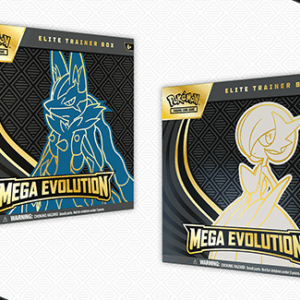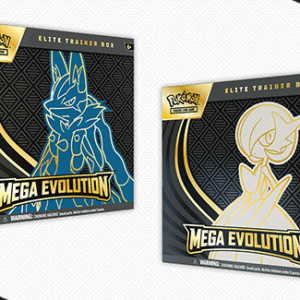In a world where spandex-clad crusaders and multiverse conspiracies collide, something marvelously unexpected happened: Magic: The Gathering announced a partnership set with everyone’s favorite wall-crawler—Spider-Man. Yet, when Wizards of the Coast revealed that this collaborative venture wouldn’t include preconstructed Commander decks—a beloved staple within the Magic community—many players felt like they’d gotten stuck in the wrong universe. But hold onto your web-shooters, because just as defeat loomed, in sauntered Spider-Punk, dressed in spiky leather and blaring punk rock riffs, poised to upend the entire conversation and potentially change how the Commander format is played.
Enter Spider-Punk, a creature whose punk rock ethos isn’t just for show. At a slim two mana, this card is deceptively powerful, loaded with a Riot ability that lets players either grant him haste or give him an extra +1/+1 counter. But these features were only the veneer of what had Magic players buzzing. Spider-Punk lays down a punk rock manifesto on the battlefield: while he’s around, forget about countering spells or abilities, and say goodbye to any prevention of damage. The ramifications are clear. Those trusty safety nets—think iconic cards like Counterspell, Teferi’s Protection, or even The One Ring—suddenly become relics of an age past. For some Magic enthusiasts, particularly fans of red cards with their disruptive tendencies, Spider-Punk is the rebel hero they’ve been clamoring for.
Yet, admiration for Spider-Punk’s audacity isn’t universally shared. True to the nature of the game, his effects are as dangerous to wield as they could be game-altering. Opening the path for an unobstructed victory sounds thrilling, but Spider-Punk’s openness also invites your adversaries to the party. Your powerful spells face no opposition, but neither do their deadly threats. The small hitch is Spider-Punk’s comparably brief tenure on the battlefield due to his fragile two-toughness. This makes him an easy target for opponents eager to return the board state to its previously controlled chaos before the player who summoned him can truly cash in on his perks.
Despite these double-edged complexities, the market demand for Spider-Punk soared faster than a web-swing through Manhattan. Regular versions are flirting with prices in the low twenties, while foil editions climb past the shimmering sixty-dollar summit. If you fancy yourself a collector of borderless beauty, then prepare to part with forty-eight to fifty-five dollars for Spider-Punk in all his unbounded glory.
This set isn’t just a one-web show starring Spider-Punk. Expanding beyond his rebellious influence, another card has card enthusiasts in a frenzy: the Soul Stone. This artifact isn’t going to pull any punches either. It’s an indestructible mana rock that doubles as a sneaky reanimation engine, portending a new chapter for players who live for complex interactions and blending strategy with resilience. The reanimation shenanigans it potentially unlocks could redefine mana rock strategies in Commander decks.
Not to be confined to traditional hero roles, the Spider-Man set invites some of Spidey’s infamous foes into the fray. Doctor Octopus emerges as a tantalizing choice for those craving a Villain tribal commander. With card draw capabilities tethered to his many tentacles, he might well orchestrate one of the most impressive villainous symphonies the format has seen. Then there’s the Green Goblin making his maniacal mark. His Mayhem ability ignites a chaotic bonfire of discard-inflicted turmoil, turning jettisoned cards into unexpected, yet surprisingly pleasant, battlefield assets.
With these villains in tow, combining all those intricate abilities underpinned by a lore-rich narrative, this Spider-Man Magic set could end up not just serving Commander purists with fresh, enticing deck builds but deliver a storyline-driven gameplay experience. It’s not just about winning matches; it’s about how deeply satisfying connecting these character-driven threads into one cohesive, enchanting, treacherous fray can be.
As Commander enthusiasts scramble to reevaluate their decks in response to these newcomers, buzzworthy cards like Spider-Punk stand poised to test the balance between reckless abandon and strategic finesse. While this web-laden journey into chaos and creativity may divide opinions, it assuredly affirms one thing: even in paper card form, the essence of Spider-Man illegally binding fun, unpredictability, and marvelously tangled alliances just discovered a whole new way to enthrall the world.
The arrival of Spider-Punk, Doctor Octopus, and their cunning compatriots is not just an addition to the game; it’s an invitation to push the boundaries of what Magic: The Gathering can be, embodying both the wild spirit of improvisation inherent to punk culture and the strategic calculations that keep the game forever locked in tactical evolution.





